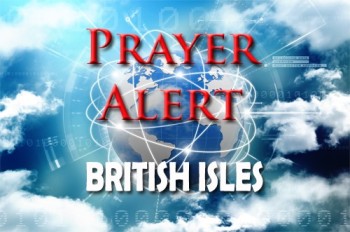Europe
Displaying items by tag: terrorism threat
Uganda: ICC opens hearing against rebel leader
The International Criminal Court has opened its first-ever in absentia hearing against fugitive Ugandan rebel leader Joseph Kony, accused of 39 counts of war crimes and crimes against humanity. As head of the Lord’s Resistance Army, he terrorised northern Uganda for decades before his forces expanded attacks into Congo, the Central African Republic, and South Sudan. The LRA became infamous for abducting children, mutilating civilians, and enslaving women. Survivors and advocates in Uganda have welcomed the proceedings, even though Kony remains at large. Some stress the trial’s importance for victims who lost lives, limbs, and livelihoods; others, though frustrated at the delay, acknowledge the symbolic value for healing and justice. The court-appointed counsel for Kony, however, argued that his fair trial rights are being violated. Though justice remains incomplete without his capture, the hearing underscores the ICC’s willingness to pursue accountability in complex cases.
Northern Ireland: terrorism threat level rises
The terrorism threat in Northern Ireland has been increased from substantial to severe, meaning an attack is highly likely. In a written statement to MPs, the Northern Ireland secretary said MI5 had increased the threat from Northern Ireland-related terrorism; the public should remain vigilant but not be alarmed. The raising of the threat level comes a year after it was lowered for the first time in twelve years. Over the last 25 years, Northern Ireland has transformed into a peaceful society. The Good Friday agreement demonstrates how peaceful and democratic politics improve society. However, a small number of people remain determined to cause harm to our communities through acts of politically motivated violence. In recent months there has been an increased level of terrorist activity, targeting police and putting at risk the lives of children and other members of the public.



